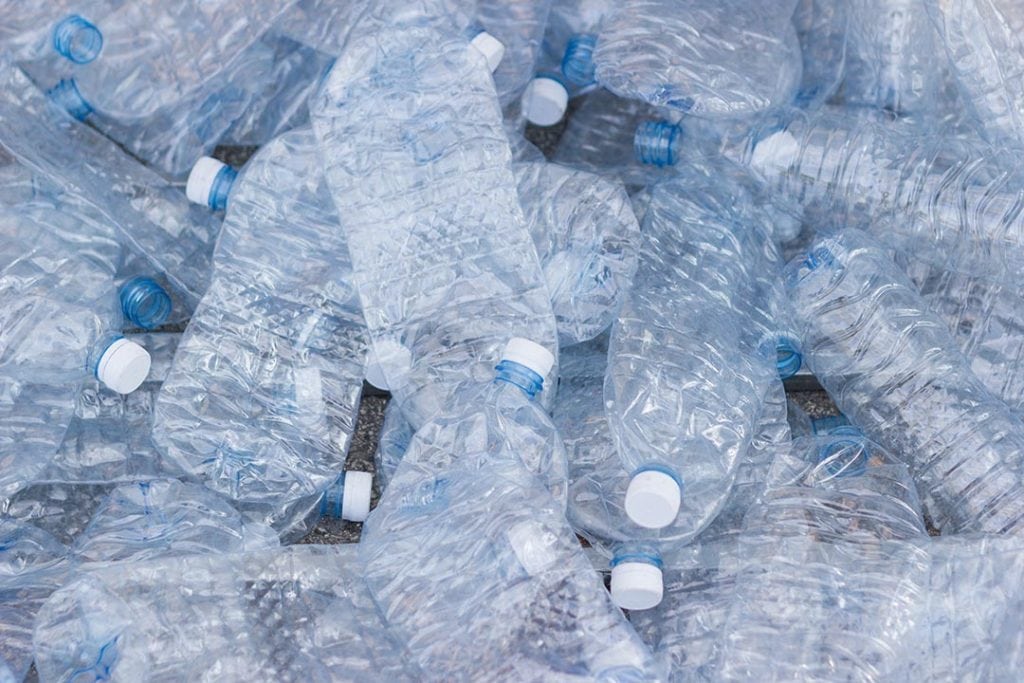
A report from plastics industry group NAPCOR indicated the U.S. PET bottle recycling rate was 28.9% in 2018, down from 29.2% in 2017. | pook jun/Shutterstock
The U.S. recycling rates for both PET bottles and all plastic bottles have fallen slightly, according to two reports released by industry groups.



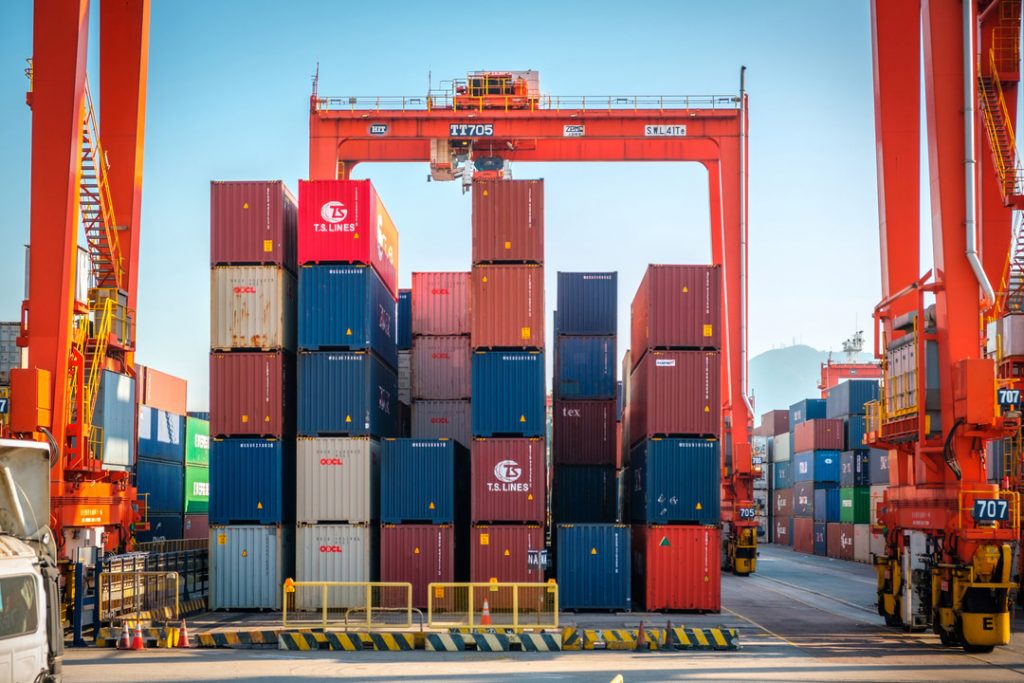
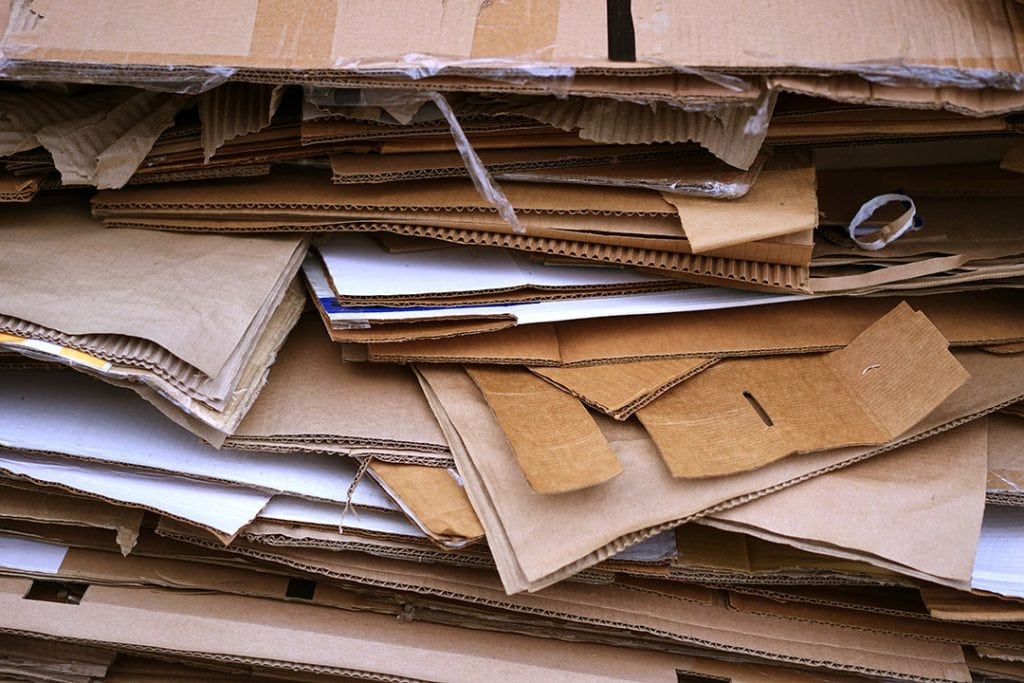
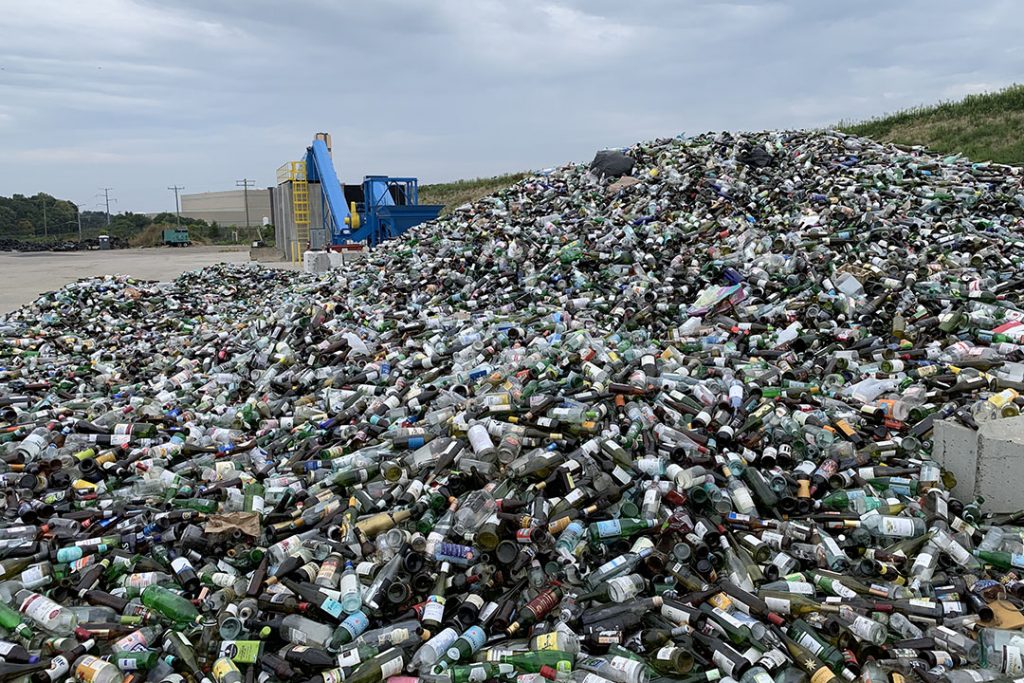
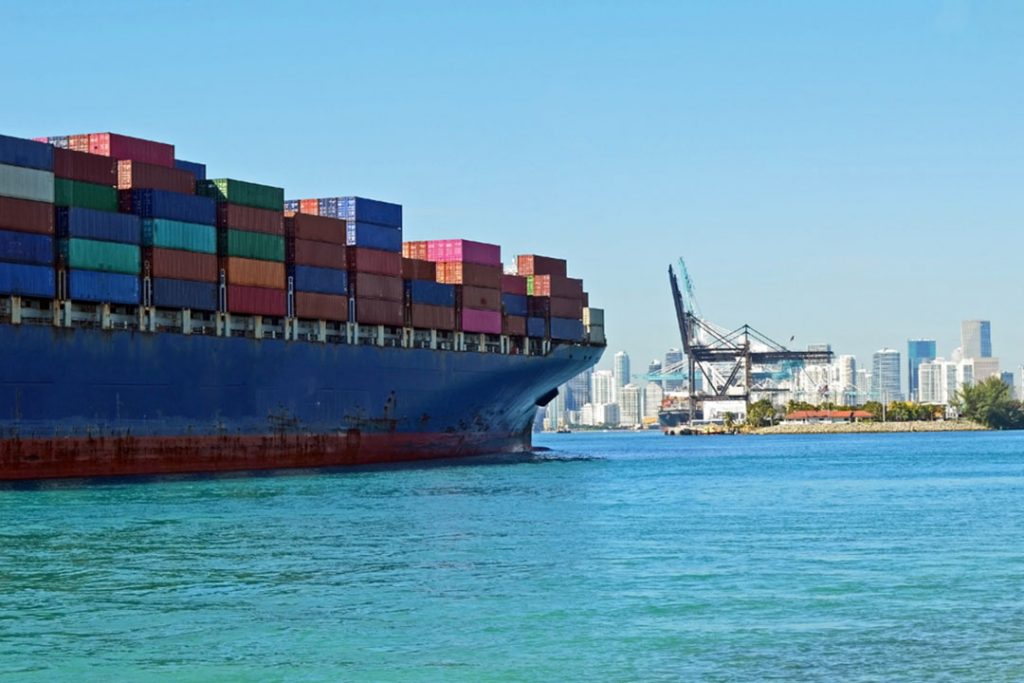
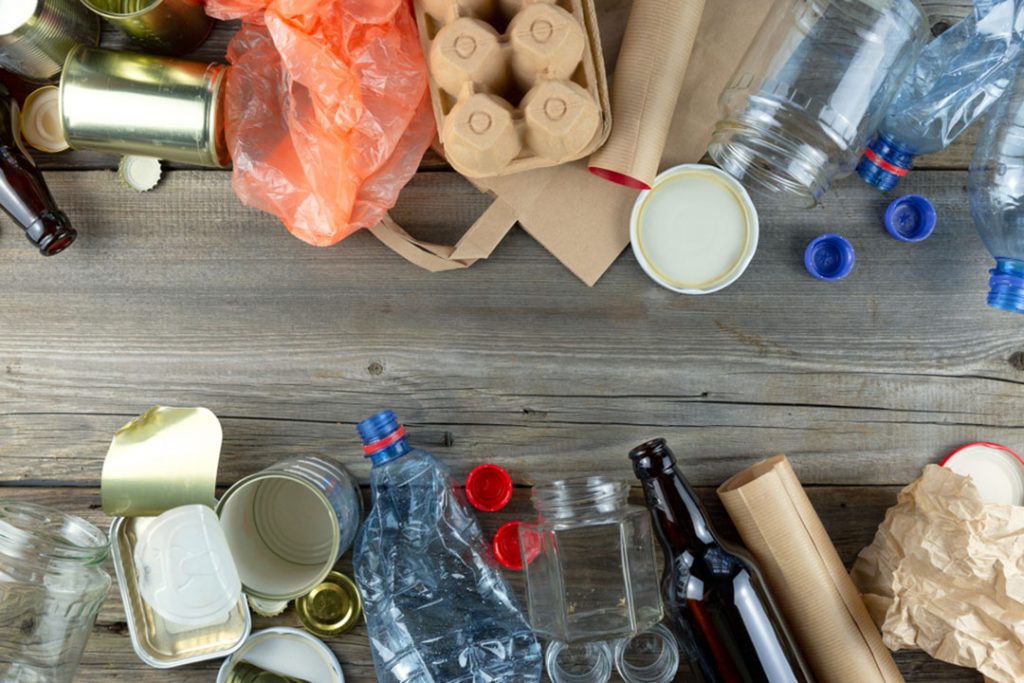

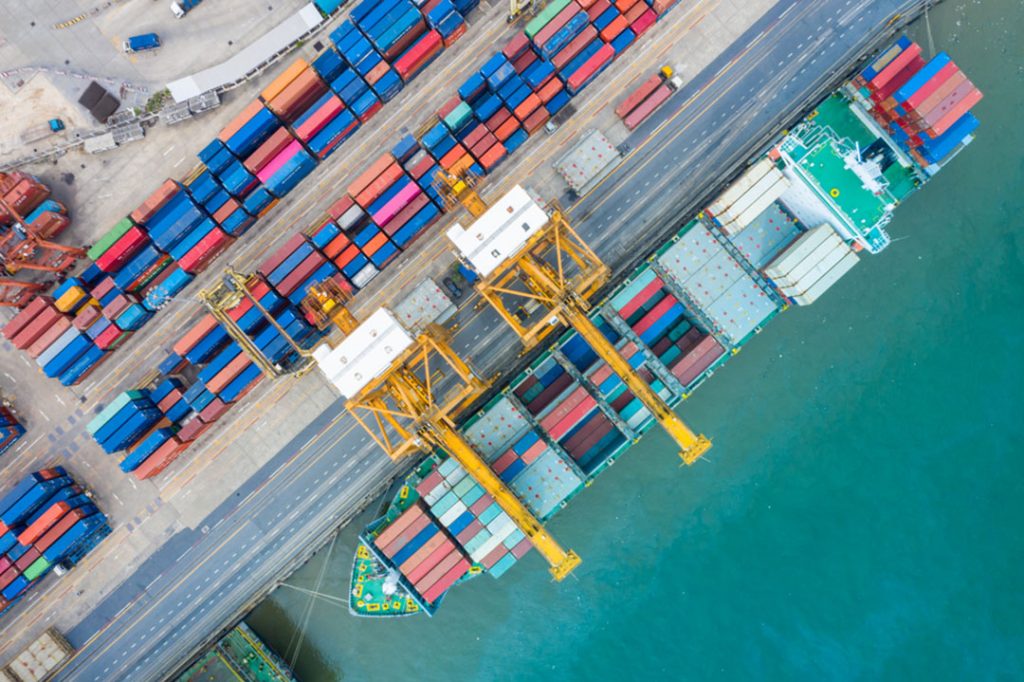
 Prices for curbside natural high-density polyethylene have climbed even higher over the past month. Paper prices remain painfully low.
Prices for curbside natural high-density polyethylene have climbed even higher over the past month. Paper prices remain painfully low.